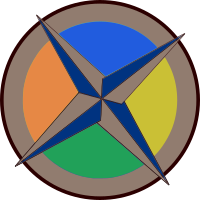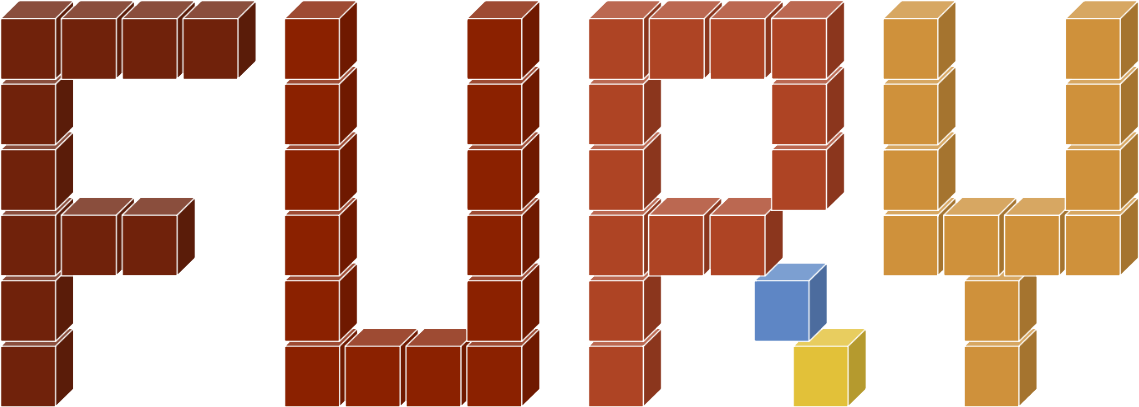Ideas
The final deadline for sub-orgs is Feb 29, 2020. Please email the admins to
get the signup link.
Python Software Foundation GSoC Team
Under the Python Software Foundation (PSF) the GSoC Team has ran a GSoC umbrella organization for
the Python language. This sub-org is being used to sponsor tools for the PSF GSoC team, specifically
tools for managing GSoC from diverse sub-orgs for PSF. At this time, Python is NOT sponsoring any
projects related to the development of the language -- but we're looking for mentors if you want to
run such a project
[No ideas available at this time.]
The CVE Binary Tool is a security tool that scans for a number of common, vulnerable open source
components (openssl, libpng, libxml2, expat and a few others) to let you know if your system
includes common libraries with known vulnerabilities.

EOS Design System - Designing for open source
EOS is the first open source and customizable Design System to help open source,
SMEs, and all sizes of organizations deliver outstanding user interfaces and consistent user
experience.
We also created an open source icon set EOS-icons that uses fontforget and python
to compile into an iconic font that can be used in any web interface.
This year, EOS-icons is the center of attention for GSoC as we aim to increase and improve the
experience to our users
by adding amazing new features for customization, animation, and more. Read our Ideas
Page for more info.
MSS - Mission Support System
MSS is a web service based client/server application to plan atmospheric research flights.
The Mission Support System (MSS) is a software that is written by scientists in the field of
atmospheric science. The purpose is to have a tool that simplifies the process for planning a
scientific flight in which parameters of the atmosphere are measured. The research aircrafts
typically carry a comprehensive scientific payload comprised of data aquisition instruments by
different companies and research institutions. The measurement of relevant parameters, for example
the chemical composition of trace gases, temperature or aerosol particle characteristics, are needed
to improve the scientific understanding of the processes in the atmosphere. This is of significant
importance for the understanding for example of climate change or the recovery of the ozone hole.
FURY - Software Library for Scientific Visualization in Python
FURY is a free and open source software library for scientific visualization and 3D
animations. FURY contains many tools for visualizing a series of scientific data including graph and
imaging data. FURY is participating in GSoC this year for the first time under the umbrella of the
Python Software Foundation (PSF).

LiberTEM
LiberTEM is a Python-based open source platform for high-throughput distributed processing of
large-scale binary data sets such as pixelated scanning transmission electron microscopy (STEM)
data.
It can be used from Python through its API. The processing back-end uses dask.distributed by
default
and relies heavily on NumPy and related packages for processing and data handling. A web
application
based on Tornado, React, and Redux provides a GUI, in addition to using LiberTEM in combination
with
Jupyter notebooks.
uarray is a backend dispatch mechanism with a focus on array computing but geared
towards somewhat general use.
Projects under the
uarray umbrella include
unumpy, an incomplete
backend-dispatchable version of NumPy
and
udiff, an automatic differentiation library built on top of
unumpy and
uarray.
Tern is a container inspection tool to find licenses of the software installed in a container.
It can be used to inspect any container created by Docker. It can generate reports in different
formats. It can also be used
as part of Dockerfile development to containerize applications.
Scrapinghub is a
company focused on information retrieval and its later
manipulation.
At Scrapinghub we maintain and contribute to a wide variety
of open source projects, including
Scrapy,
Splash,
ELI5, and
Dateparser.
DFFML provides APIs for dataset generation and storage, and model definition using any machine learning framework, from high level down to low level use is supported. The goal of DFFML is to build a community driven library of plugins for dataset generation and model definition. So that we as developers and researchers can quickly and easily plug and play various pieces of data with various model implementations.
Python Packaging Authority
The Python Packaging Authority (PyPA) is a collaborative community that maintains a core set of
projects used to package, share, and install Python software, and to interact with indexes of
downloadable Python software such as PyPI, the Python Package Index.
Panda3D is an open source framework for 3D rendering and games. It combines the speed of C++ with
the ease of use of Python in order to provide users a fast rate of development without sacrificing on performance.
Friends of the PSF
Here's some more interesting organizations that use Python!
- TARDIS - Supernova software
- OpenAstronomy - an umbrella
organisation that includes open source projects used by researchers and engineers around the
world to better understand the universe









